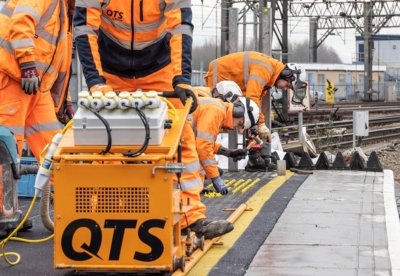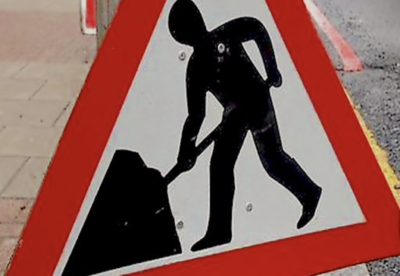Construction firms are being approached by a new breed of “labour masters” offering to take on their self-employed workers with inducements like cash kickbacks.
They get paid including VAT by contractors for labour but delay payments to HMRC before folding the business and disappearing with the VAT money.
One specialist said: “We get approached all the time by new firms doing this.
“It sounds a good deal as you get a bit of cash back but of course one day they disappear after you have paid them and there’s no wages that week for the workers.”
Tax specialists said the scam is a straight VAT fraud and often used as a way for criminals to launder cash.
One said: “They can get legitimate money from the subcontractors then pay out the workforce in dirty cash.”
“There’s a lot of big firms in the industry turning a blind eye to this happening on their sites.”
HMRC inspectors are understood to be warning construction companies about getting embroiled in the scam.
Ian Anfield from the industry’s biggest legitimate payroll provider Hudson Contract said: “Construction payroll has always been a target for fraudsters going right back to the days of abusing SC60s, but we are seeing a marked increase with clients telling us they are being approached all the time.
“With a workforce of nearly two million well paid people, long fragmented supply chains, and payroll and umbrella firms commonly used, it is easy for fraudsters to hide in plain sight. The fraudsters siphon off VAT charged to clients and or tax deducted from operatives under PAYE and CIS.
“Lots of rogue payroll firms pretend to be construction firms by calling themselves ‘commercial contractors’, and often they take over smaller already established businesses rather than setting up new so it is very difficult for HMRC to track.
“For these reasons, HMRC are increasingly passing liabilities up to the users of the fraudulent schemes seeking new legislation and using established case law.
“If a payroll firm attempts to entice you in by offering kickbacks, reward points and unrealistic credit terms, or their contract does not accurately describe exactly what they do, construction firms should exercise extreme caution.
“These firms could be using HMRC’s money to fund everything and by taking inducements the construction firms become complicit and liable.”
























.gif)





























 (300 x 250 px).jpg)

